The HubSpot Culture Code states an important aspiration of ours as an organization: to build a company that reflects the diversity of our customers. Over the past five years, we’ve been committed to making progress on this vision and to creating a workplace that’s not only inclusive, but equitable. Today, we’re proud to share HubSpot’s 5th annual Diversity, Inclusion, & Belonging (DI&B) Report, aimed to give transparency into how far we’ve come on this journey and how far we still have to go.
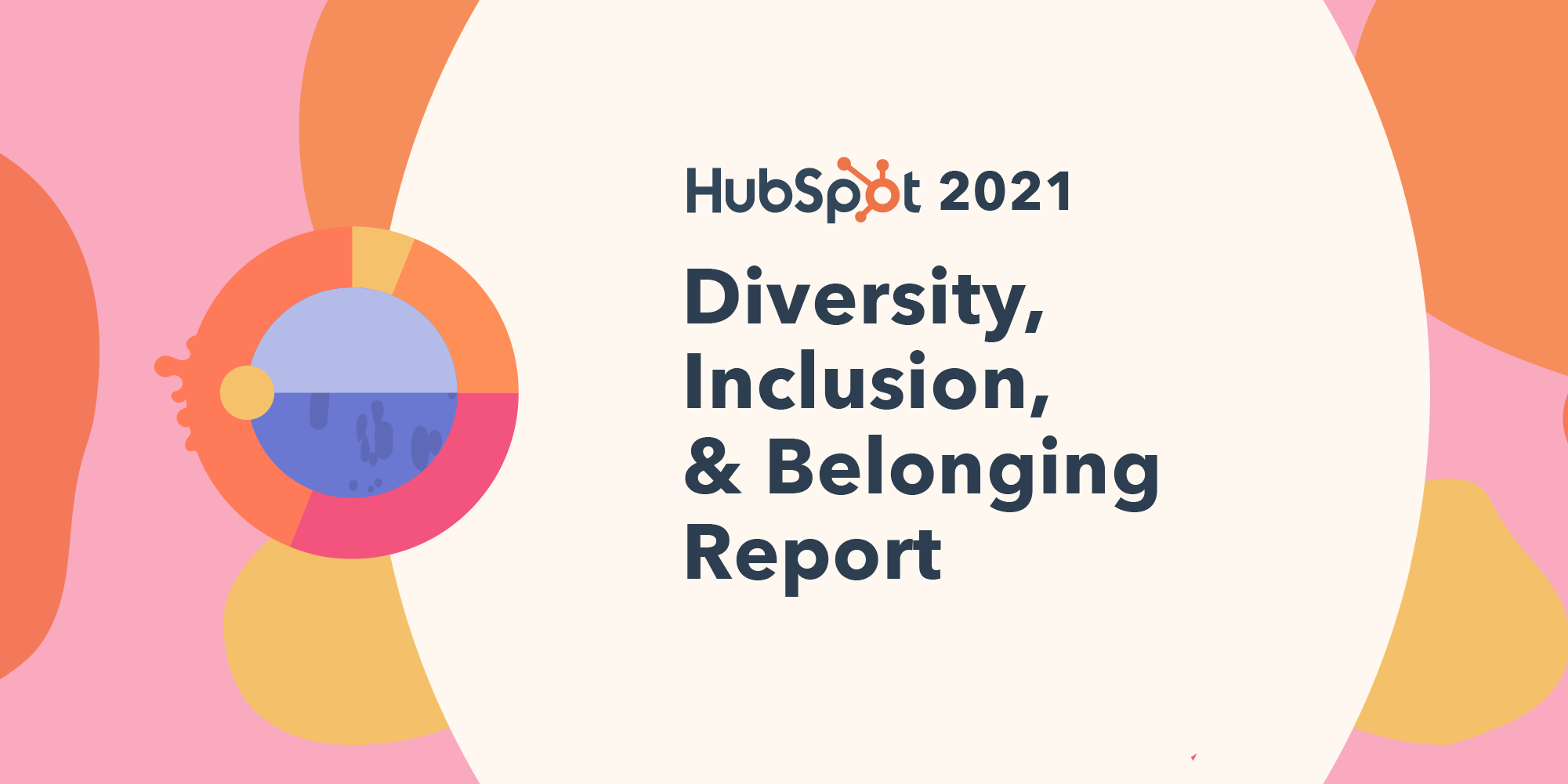
Of the 2021 DI&B Report, HubSpot’s Director of Diversity, Inclusion, & Belonging Celeste Narganes said, “This report not only makes me incredibly proud, it makes me incredibly hopeful. Change doesn't happen overnight, especially the sustained, lasting change we are striving for at HubSpot. We have spent the last five years pushing ourselves to do better, to be better, and we are truly beginning to feel that impact. Our work is far from done and as we continue to further diversify our workforce, we must also keep inclusion and belonging at the center of all we do. Following the advice of one of my personal heroes, the late Representative John Lewis, our journey is far from over and will require some good trouble to create real change.”
The 2021 DI&B Report includes employee data as of January 1, 2021, including gender, ethnicity, and age data (where ethnicity data is U.S. only). In addition, we’ve expanded HubSpot’s self-reported categories to include military veteran status, disability, and first-generation identity. Adding these identities to our self-reported survey was the result of feedback from our employees, candidates, and community. To recognize the milestone of reporting on HubSpot’s diversity data for five years, we’ve also added two new areas of reporting: progress on BIPOC employee representation in the U.S. since 2017, and on female and gender neutral representation at the leadership level since 2017.
Here are some key areas of progress reflected in the data, as well as areas we’re focused on improving over the next few years:
- Since 2017, BIPOC employee representation in the U.S. at HubSpot has grown from 12% to 27.4%, and we’ve seen a 6% global increase in women & gender neutral representation in leadership. We’re also proud of the progress we’ve made on BIPOC representation at the Board level, welcoming our first Black Board member, Nick Caldwell, in 2020 and introducing a Black Advisory Board.
- While we’re hopeful to see BIPOC representation growing in the U.S., retention of BIPOC employees is -1.2% that of overall employee retention in the U.S. Retention is a core focus of our DI&B work in the years to come, with an emphasis on learning, development, and growth opportunities for BIPOC employees globally, and fostering a true sense of belonging.
- We expanded the employee self-reported categories this year to include veteran status, ability, and first-generation identity. Of the 50.6% of employees who chose to self-identify, 50% of U.S. respondents identify as first-generation. Globally, 12% of respondents identify as LGBTQ+, and 23.9% are parents.
- The data confirms that we have a lot of work to do on gender diversity, particularly within our tech and sales teams, as well as on age diversity company-wide.
While the data provides an important snapshot of how HubSpot is tracking on building a more diverse and inclusive company, data alone does not tell the whole story. For that reason, the ‘Beyond the Numbers’ section of the 2021 DI&B Report highlights some of HubSpot’s diversity work and investments from the past year that we believe will drive lasting change.
Namely, HubSpot introduced a Black Lives Matter action plan in 2020, shaped by ideas and feedback from our Black employees and customers. We’ve started to make progress on the plan through committing $20M to social impact investing, including $12M to the Black Economic Development Fund managed by LISC. HubSpot also strengthened our partnership with Howard University to open a Center for Digital Business and we are thrilled to be a part of empowering the next generation of Black leaders. Internally, HubSpot created BLACKhub, a new employee resource group focused on community, growth opportunities, and belonging, and developed an anti-racism training required for all employees. To date, 4,000+ HubSpot employees have taken the anti-racism course.
In 2020, approaching employee support through a lens of inclusion was more important than ever as the pandemic changed the way we all live and work, particularly for families and caregivers. Namely, women left the workforce in record numbers in 2020. This staggering statistic highlights the need for more flexible workplaces, inclusive benefits, and generally more support for families during difficult times. At HubSpot, we leaned into our culture of flexibility to encourage not only parents, but all employees, to prioritize mental health and life over work. We introduced added days off globally, provided programming for families (including over 100 virtual educational sessions, entertainment for children, and more), and added Modern Health (a platform for employees to access therapy, coaching, and support) to our benefits globally.
Empathy is a core value at HubSpot, but over the past year we’ve realized that empathy alone isn’t enough. It requires action. We need to “walk the walk” on DI&B to build more inclusive and equitable companies and communities. We are proud to share HubSpot’s diversity data over the past five years in an effort to hold ourselves accountable, and to be transparent about our progress. We hope the 2021 DI&B Report provides a glimpse into the progress we’ve made, and into the work we’re doing to drive lasting change moving forward.
View HubSpot’s 2021 DI&B Report here and follow HubSpot Life on Instagram, Twitter, and Facebook to stay connected with our diversity initiatives in the future.
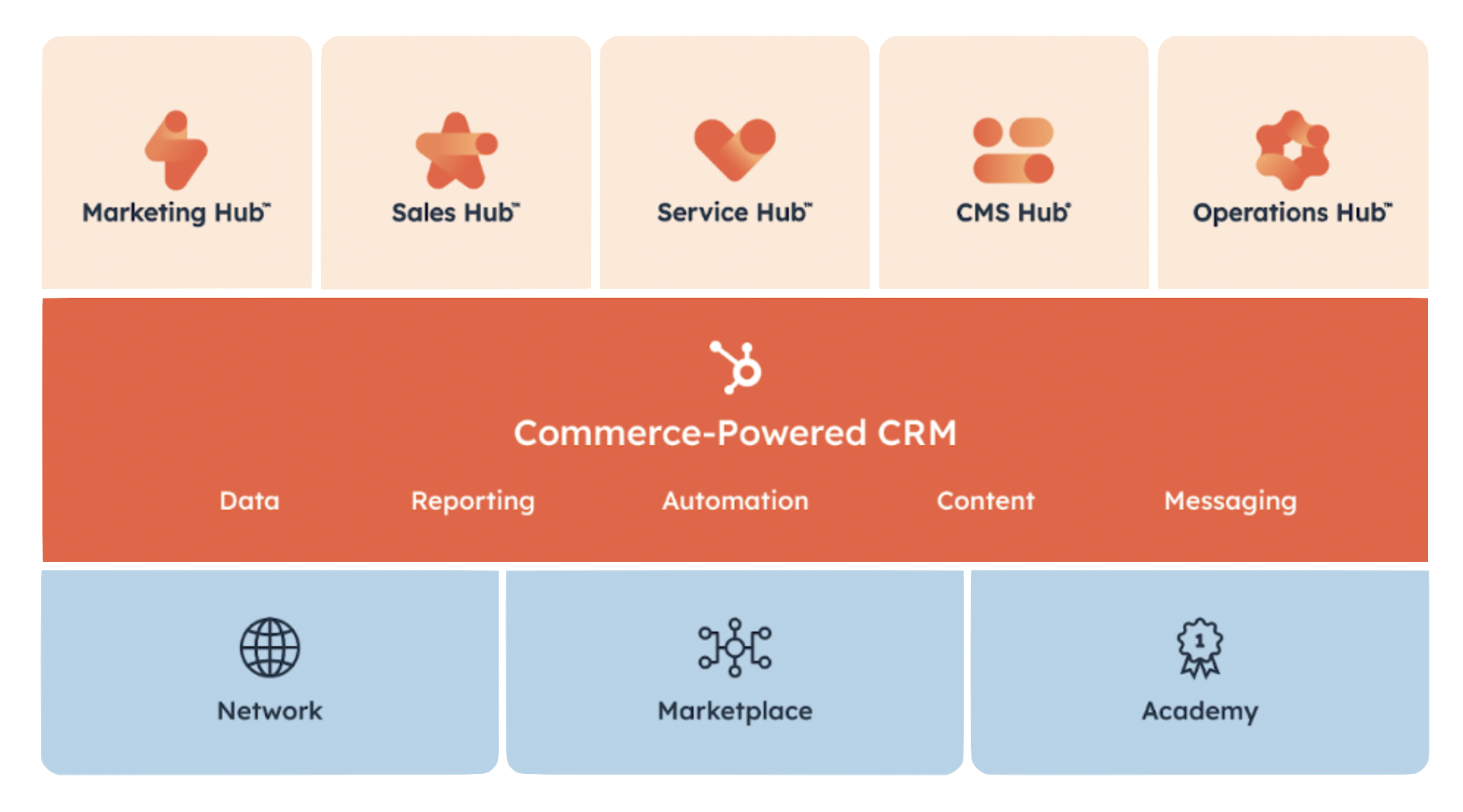
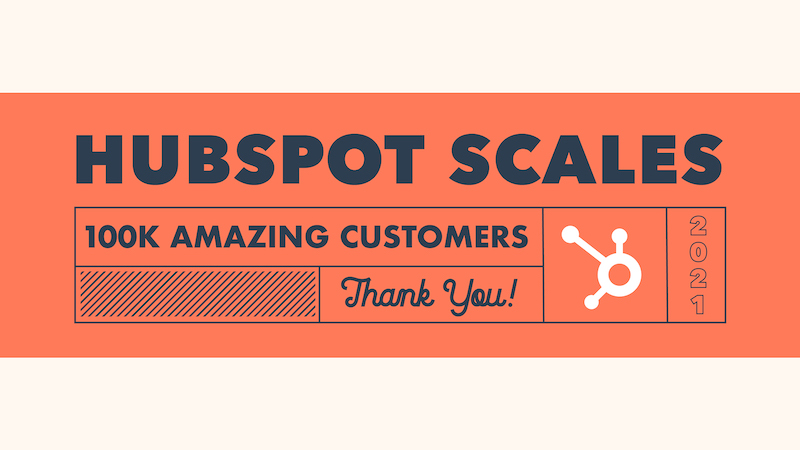
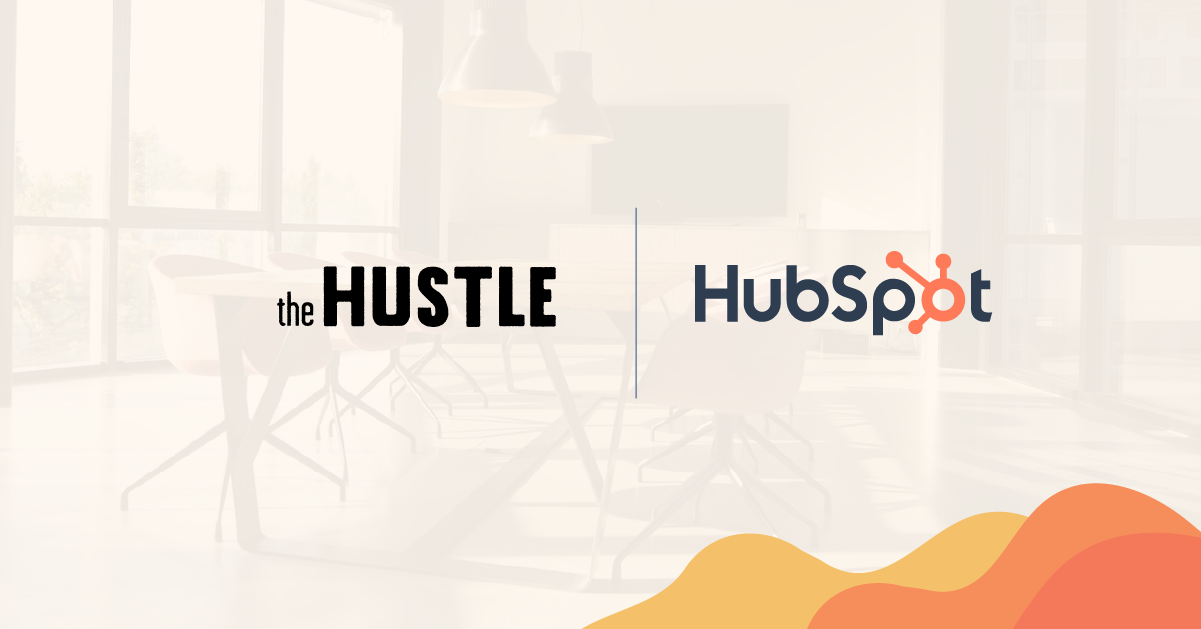
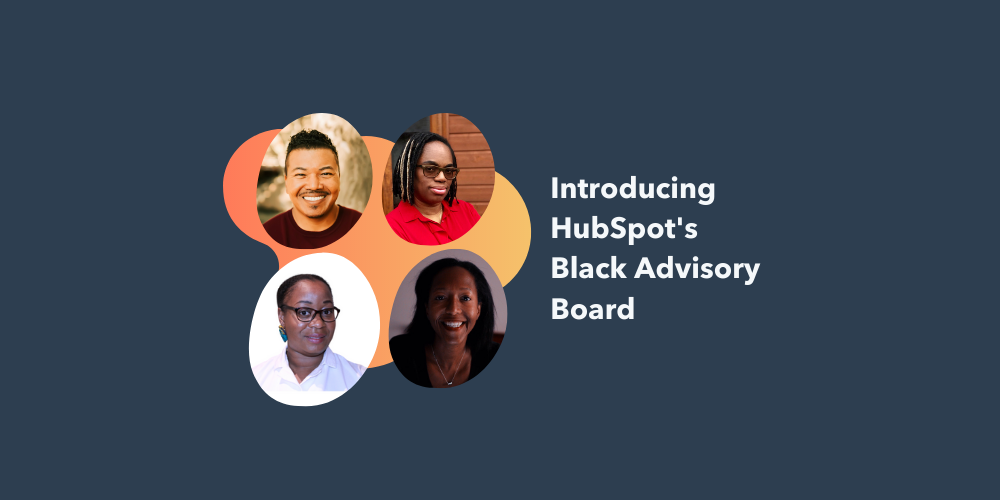
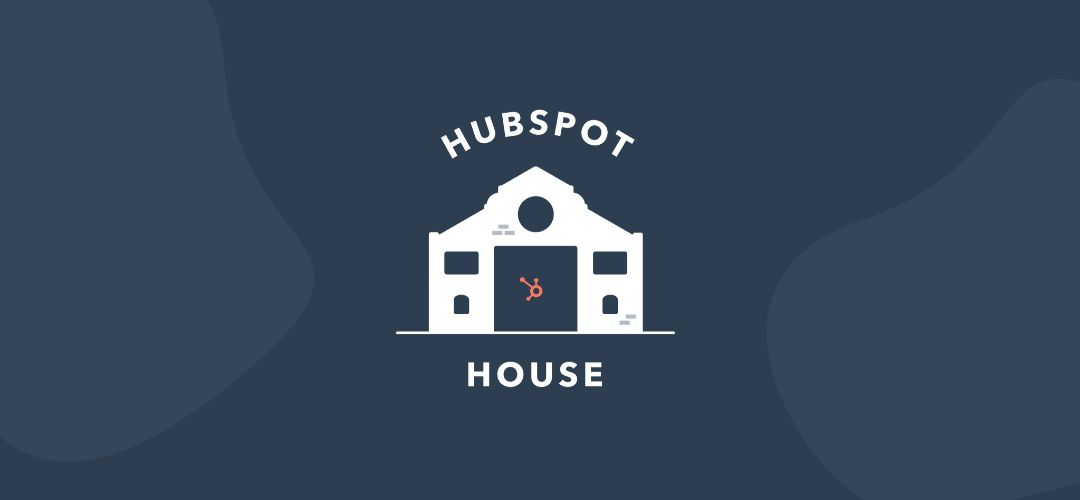
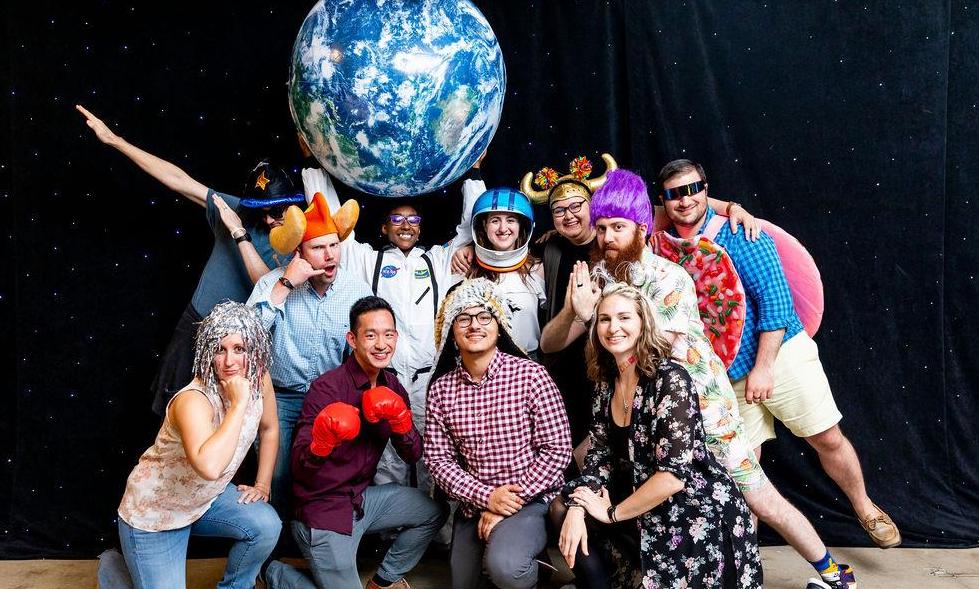
-1.png)